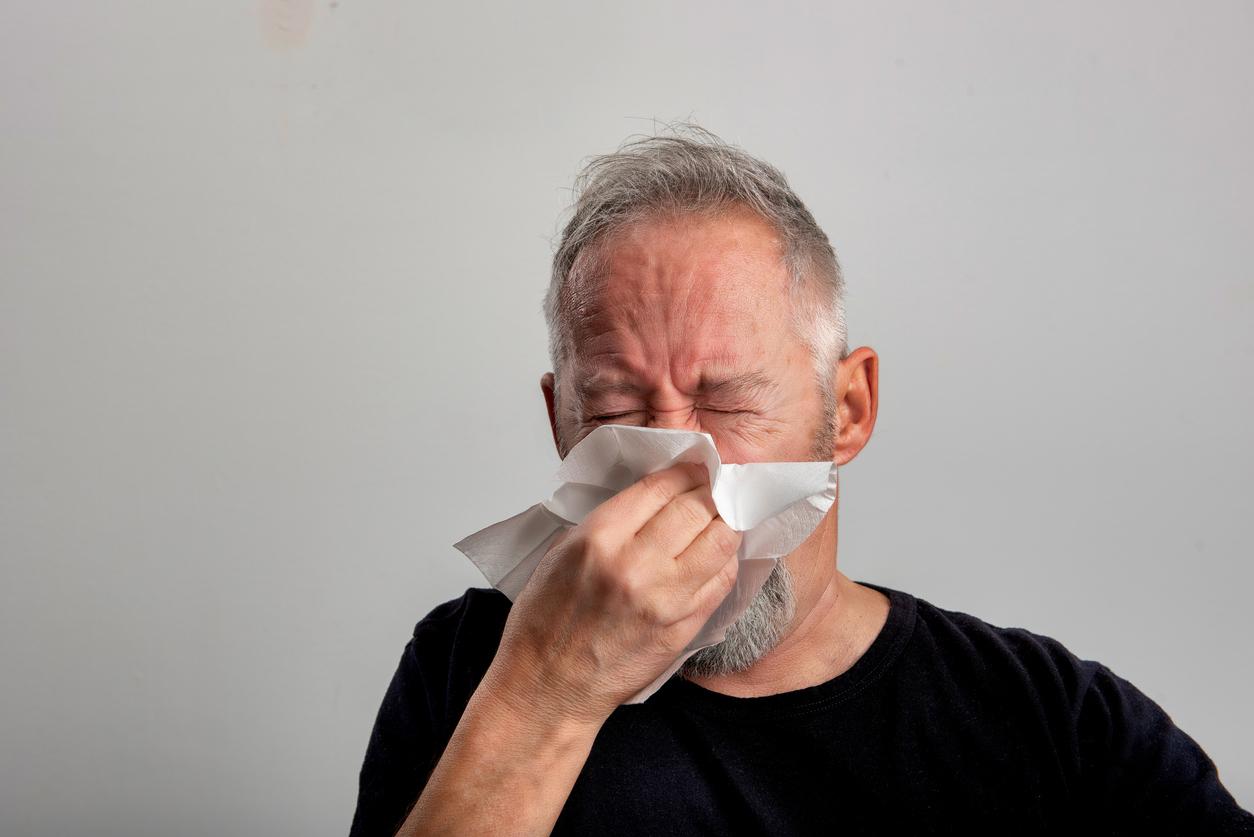We know that the SARS-CoV-2 coronavirus is mainly transmitted by air, through droplets that are expelled by infected people when they cough, talk or sneeze. “A person can become infected when they inhale aerosols or droplets containing the virus or when they come into direct contact with their eyes, nose or mouth.” specifies theWorld Health Organization (WHO).
It is in this context of the Covid-19 epidemic that researchers from the Washington University School of Medicine (in the United States) asked themselves a very simple question: why do we sneeze?
The sneeze reflex is triggered by a specific molecule and neurons
To find out, American researchers worked with mice. The rodents were exposed to droplets containing molecules of histamine (the substance that causes allergic reactions) or capsaicin (the molecule responsible for the “spiciness” of peppers): unsurprisingly, the mice sneezed.
Through this experiment, scientists were able to understand the biological mechanism that controls the sneeze reflex. Thus, when a particular substance enters the upper airways, a molecule (called neuromedin B) is released in the body: it will attach itself to particular neurons, and the latter give the “sneeze signal”, immediately transmitted to the rest of the body.
To verify their hypothesis, the researchers eliminated neurons sensitive to neuromedin B in certain mice, then repeated their experiment with histamine and capsaicin: this time, the mice did not sneeze. “This discovery paves the way for new treatments that would limit the circulation of certain airborne viruses, such as SARS-CoV-2“analyze the scientists, who published their work in the specialized journal Cell.
Read also :
- Covid-19: masks block 99.9% of large droplets
- The visor, not effective enough against the coronavirus
- Covid-19: how do FFP2 masks protect?
















